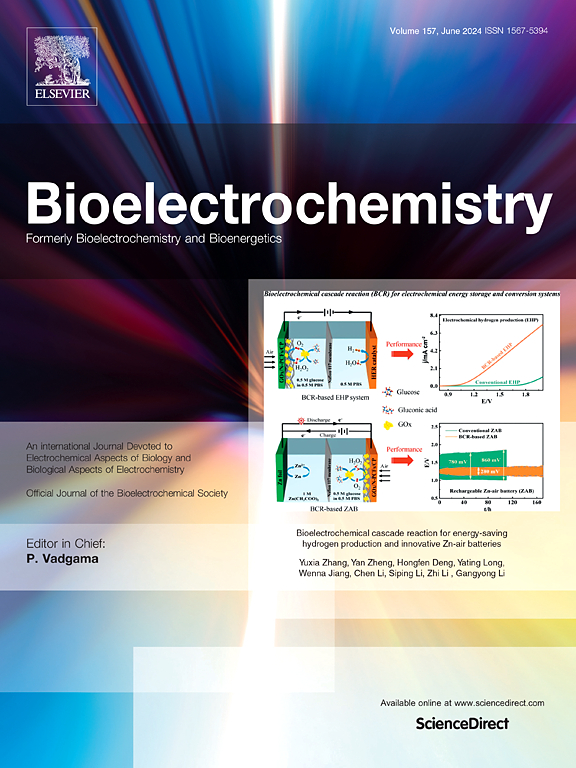Opposing effects of pre-encoding stress on neural substrates of item and emotional contextual source memory retrieval
IF 3.6
2区 医学
Q1 NEUROSCIENCES
引用次数: 0
Abstract
Although the mediating role of the stress hormone systems in memory for single— especially emotional— events is well-stablished, less is known about the influence of stress on memory for associated contextual information (source memory). Here, we investigated the impact of acute stress on the neural underpinnings of emotional contextual source memory. Participants underwent a stress or a control manipulation before they encoded objects paired with pleasant, neutral, or unpleasant backgrounds. One week later, item and contextual source memory were tested. Acute stress modulated the neural signature of item and contextual source memory in an opposite fashion: stressed participants showed larger activation in the precuneus and the medial prefrontal cortex (mPFC) during the retrieval of items, while the retrieval of contextual unpleasant information was associated with lower activation in the angular gyrus (AG) and mPFC. Furthermore, as revealed by cross-region representational similarity analyses, stress also reduced the memory reinstatement of the previously encoded visual cortex representations of object/unpleasant background pairings in the AG and mPFC. These results suggest that pre-encoding stress induction increases the activity of memory-related regions for single items but reduces the activity of these regions during the retrieval of contextual unpleasant information. Our findings provide new insights into the dissociative effects of stress on item and contextual source memory which could have clinical relevance for stress-related disorders.
编码前压力对项目和情感语境源记忆检索神经基质的相反影响
虽然压力荷尔蒙系统在单一事件(尤其是情绪事件)记忆中的中介作用已得到公认,但人们对压力对相关情境信息记忆(源记忆)的影响却知之甚少。在这里,我们研究了急性应激对情绪情境源记忆神经基础的影响。受试者在编码与愉快、中性或不愉快背景配对的对象之前,会接受压力或对照操作。一周后,对项目记忆和情境源记忆进行测试。急性应激以相反的方式调节了物品记忆和背景来源记忆的神经特征:在检索物品时,应激参与者的楔前叶和内侧前额叶皮层(mPFC)显示出更大的激活,而检索背景不愉快信息时,角回(AG)和mPFC的激活较低。此外,跨区域表征相似性分析表明,压力还降低了 AG 和 mPFC 中先前编码的物体/不愉快背景配对的视觉皮层表征的记忆恢复。这些结果表明,编码前的压力诱导会增加记忆相关区域对单个项目的活动,但在检索背景不愉快信息时会降低这些区域的活动。我们的研究结果为压力对项目记忆和情境源记忆的分离效应提供了新的见解,这可能对压力相关障碍具有临床意义。
本文章由计算机程序翻译,如有差异,请以英文原文为准。
求助全文
约1分钟内获得全文
求助全文
来源期刊

Neurobiology of Stress
Biochemistry, Genetics and Molecular Biology-Biochemistry
CiteScore
9.40
自引率
4.00%
发文量
74
审稿时长
48 days
期刊介绍:
Neurobiology of Stress is a multidisciplinary journal for the publication of original research and review articles on basic, translational and clinical research into stress and related disorders. It will focus on the impact of stress on the brain from cellular to behavioral functions and stress-related neuropsychiatric disorders (such as depression, trauma and anxiety). The translation of basic research findings into real-world applications will be a key aim of the journal.
Basic, translational and clinical research on the following topics as they relate to stress will be covered:
Molecular substrates and cell signaling,
Genetics and epigenetics,
Stress circuitry,
Structural and physiological plasticity,
Developmental Aspects,
Laboratory models of stress,
Neuroinflammation and pathology,
Memory and Cognition,
Motivational Processes,
Fear and Anxiety,
Stress-related neuropsychiatric disorders (including depression, PTSD, substance abuse),
Neuropsychopharmacology.
 求助内容:
求助内容: 应助结果提醒方式:
应助结果提醒方式:


